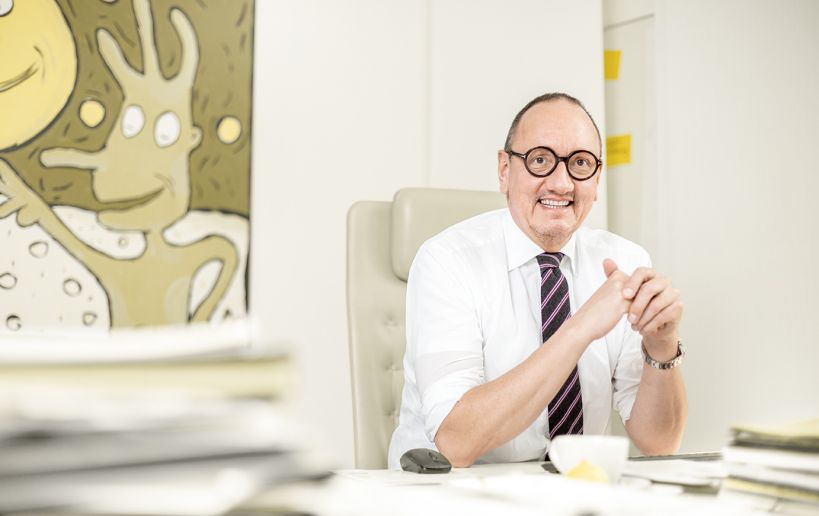Is there a fair way of reimbursing therapies for rare diseases?
How can therapies for rare diseases be fairly reimbursed for all stakeholders? This question has been addressed at this year's congress "Orphan Drugs and Rare Diseases Europe 2019" in London. Prof. Matthias P. Schönermark, M.D., Ph.D., managing partner of SKC consulting, had been chairman of the event and examined the challenges of market access for innovative therapies for rare genetic disorders.
He argued that industry and payers need to improve their collaboration to secure a market for rare disease therapies: Uncertainties about the efficiency, durability, sustainability and safety of therapies for genetic diseases are creating high risks on both sides. Pharmaceutical companies face the challenge of obtaining a fair reimbursement price for their single-use therapies. To date, however, payers have not been able to assess the long-term efficacy of the treatment. Novel reimbursement models have already been devised. They involve the sharing of risk between the two parties. Still, there are only a few individual contracts with individual health insurances.
Prof. Schönermark also emphasized the developments of curative gene therapies in the field of haemophilia. For the first time, there are treatment options for a larger patient population, that are possibly leading to significant budget effects.
SKC consulting supported the congress "Orphan Drugs and Rare Disease Europe 2019" as gold sponsor. Background information about the topic Orphan Drugs in Germany can be found in our corresponding white paper "Orphan Drugs in Germany - Lessons learned from AMNOG, best and worst practices and strategic implications.".
BY Prof. Matthias P. Schönermark, M.D., Ph.D., managing director and Karolin Priese, Dipl.-Kauffrau
Source:
APM Health Europe: Developing cures for rare diseases not yet a sustainable business model
About the author

Founder and Managing Director
Fax: +49 511 64 68 14 18
